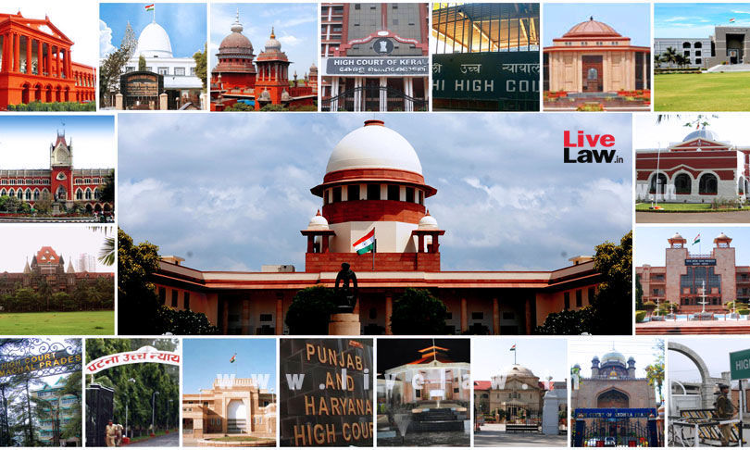Over 71,000 Cases Pending In Supreme Court, 59 Lakhs In High Courts : Law Minister Tells Rajya Sabha
LIVELAW NEWS NETWORK
5 Aug 2022 10:54 AM IST

Over 4.1 crore cases are pending in the subordinate courts in the country.
Next Story
5 Aug 2022 10:54 AM IST
